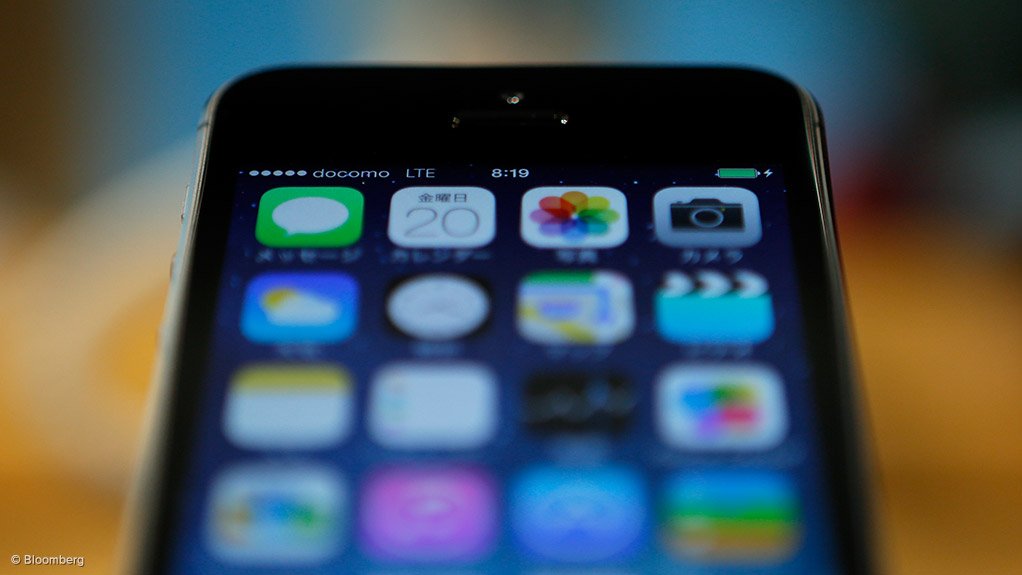In the times in which we currently find ourselves, adequate healthcare and accompanying screening are of the utmost importance to limit the spread of the coronavirus.
As the Minister of Basic Education, Angie Motshekga, announced that Grade 7 and Grade 12 pupils will be able to return to schools come 1 June, the same risk-prevention priorities apply.
The problem is that it is obvious that hundreds of pupils will enter the gates of their particular schools every day, which will cause huge congestion with regard to health screenings.
The phased return to schools requires the mandatory daily screening and listing of all people entering the premises. This process and its resulting records need to be documented, and the records need to be stored centrally and, when required, shared with or reported to health authorities.
Very few schools have adequate capacity to thoroughly screen and upload the records and status of every pupil who enters the school premises.
'Time savings'
However, engineers at the Faculty of Engineering of the North-West University (NWU) have come up with a sustainable solution to do this in a much faster and more reliable manner.
According to Professor Leenta Grobler, project leader and specialist in health-related engineering innovations, their solution involves the digitalisation of the screening and data-capturing process.
A screening and data-recording kit has been developed that involves that every person authorised to enter a particular property is issued with an identification token, and that all points of entry are equipped with a recording station, which, among other things, houses a database, a token reader, a digital thermometer and a simple user interface that employs an Android-operated cellphone.
"This kit will mean significant time savings for the education and work sectors, and may have a radical impact on lockdown screening protocols. Data capturing at Covid-19 health screening points will be done using QR codes as identification tokens and commercial off-the-shelf infrared digital thermometers, with the data being gathered by a standard entry-level smart cellphone."
An Excel-format list will be created for every school, containing every authorised person's identification number, name and designation (grade and class, teacher, parent or department) and an emergency contact number. This information will be encoded by the NWU's engineering team as a QR code and printed on an ID card, which will be provided to every pupil.
Grobler explains that once a pupil reaches the screening point, the cellphone application provides the operator with three sub-menus:
- Identification
- Temperature capturing
- Mask verification
"Identification uses an image stream to read the QR code printed on the ID card. Temperature capturing utilises image processing of the seven-segment display of the commercial off-the-shelf infrared digital thermometer; and finally, a log is kept of whether a person reporting at the screening point has been issued with a mask or whether they are wearing their own," she says.
Once the record has been verified, the identification number, without the name or contact details, is stored in a cloud-based database, along with the temperature data and mask status. In the event of a temperature that is outside the band considered to be within "normal" limits, a warning message will be displayed on the phone and it will be sent to the institution's health and safety representative. The institution can view this data in real time on a web portal.
Grobler says they plan on piloting the system at local Potchefstroom-based schools during the first week after schools reopen.
"We would then prefer to license the solution to a suitable partner for commercialisation and roll-out. We, as engineers, strive to change the world for the better, and slowly but surely we are getting there – one innovative idea at a time."
EMAIL THIS ARTICLE SAVE THIS ARTICLE
To subscribe email subscriptions@creamermedia.co.za or click here
To advertise email advertising@creamermedia.co.za or click here











